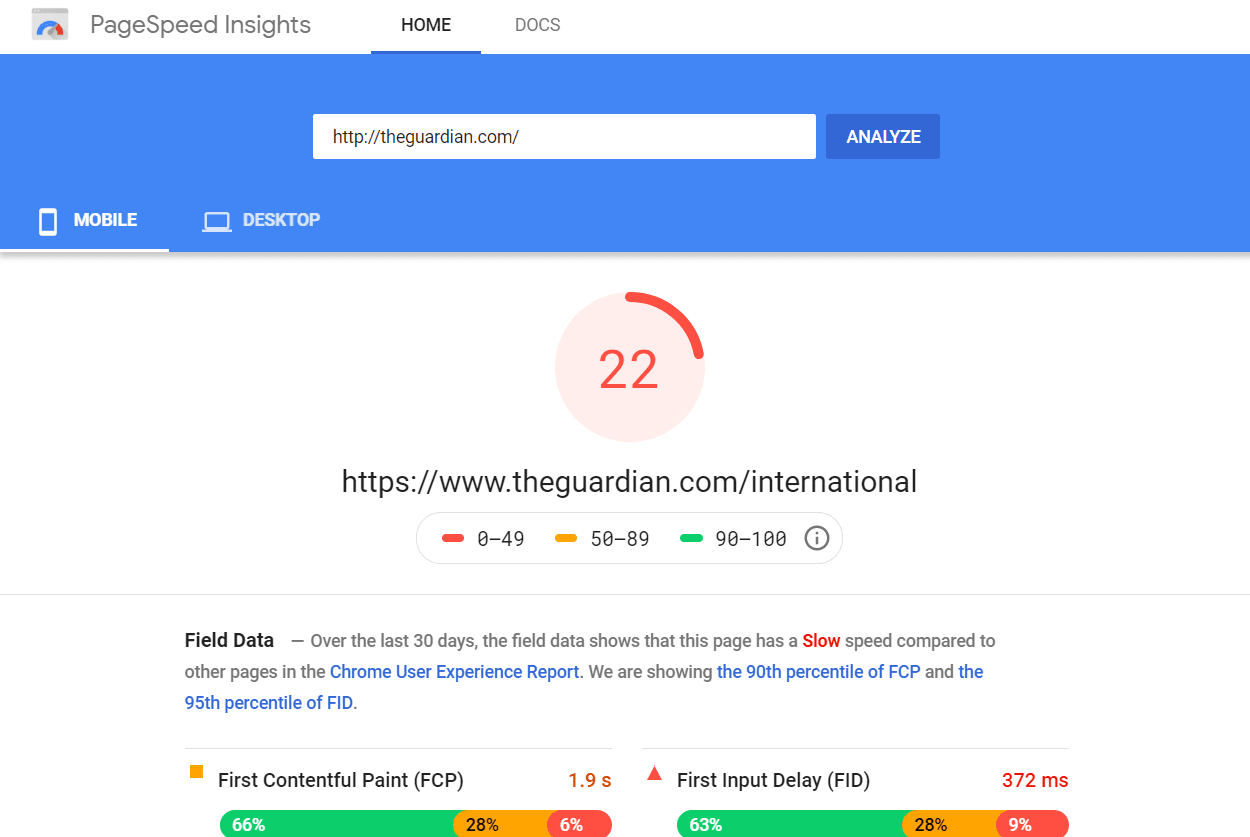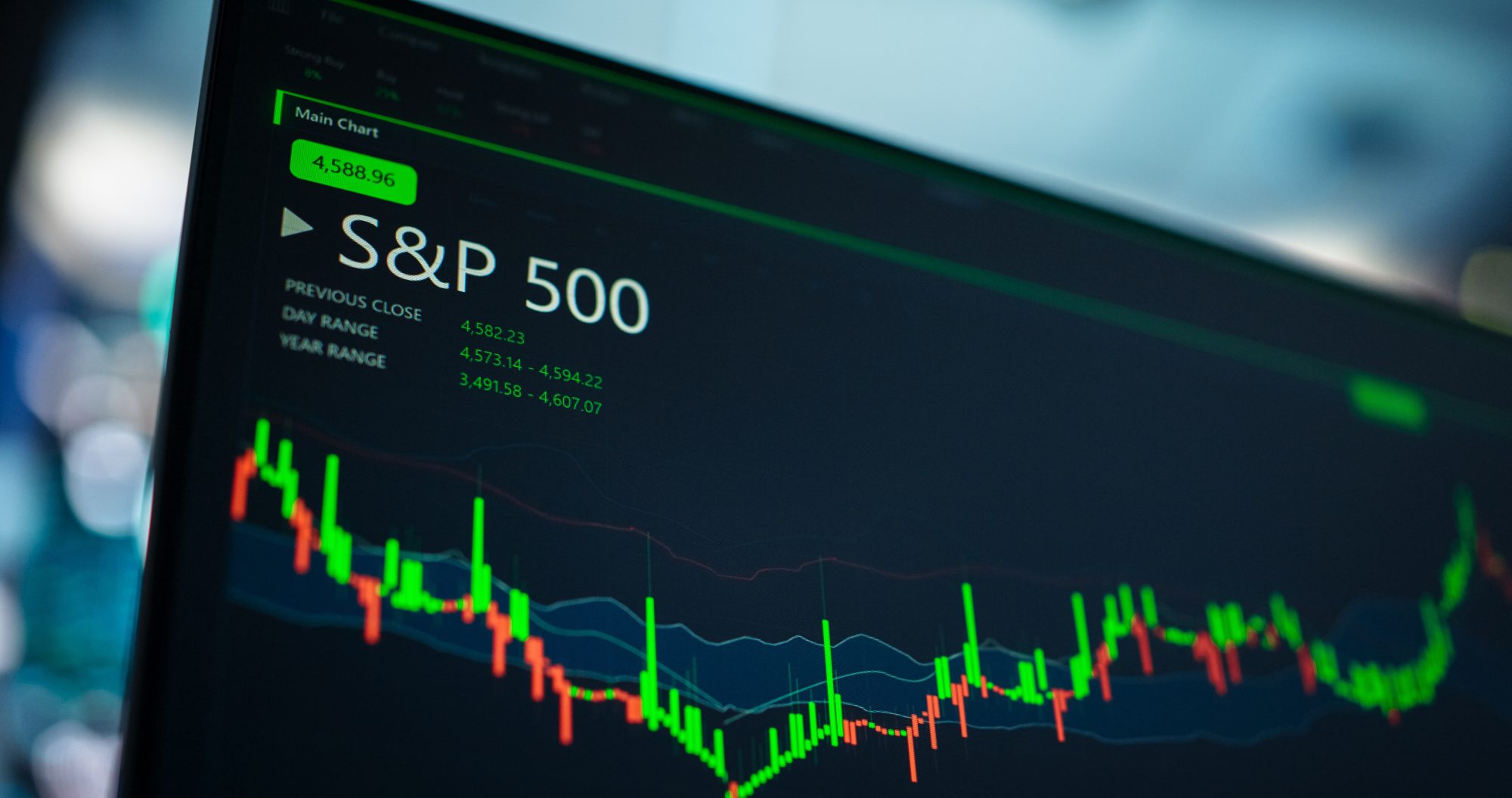On-page SEO deals with the optimization of your web pages to improve your search engine rankings. It involves factors such as your page loading speed, URLs, titles, and other on-page elements.
You need to have the right mix of on-page, technical, and off-page SEO to get your SEO strategy right. Each deals with some factors that can affect your SEO.
Here are the on-page SEO factors that can have an impact on your search engine rankings.
1. Page Loading Speed is key for search engine rankings
The page loading speed of your website is critical for your search engine rankings. Everyone is pressed for time, and a website that takes too long to load will only waste their time. In fact, if a website takes just 2 seconds longer to load, the bounce rate can jump by 103%.
You can use Google PageSpeed Insights to check the loading speed of your webpages. It shows your current page loading speed and also gives two solutions to improve the same.
A website that loads quickly will provide a better user experience and will thus rank higher up in search results.
Image via Google PageSpeed Insights
2. Content is still king
The content you put on your website is a crucial factor that affects your on-page SEO. If your users find your content informative and useful, they will read it. This, in turn, will increase the amount of time they spend on your site and reduce their bounce rate.
Try to find out their pain points and create content that can solve those issues. When they find your website useful, they will keep coming back to it.
Additionally, it’s important to break up your content into small segments with subheadings to make it easier to read.
Also make sure that your paragraphs are short and that your sentences are crisp. These bite-sized pieces of content are easier to consume. Also, try experimenting with different forms of content such as infographics, images, and videos.
3. Internal Linking for search engine rankings
Internal linking is an on-page SEO factor that can positively affect your search engine rankings. By creating links between different pages of your website, you can make it easier for search engine bots to find new pages. This leads to quicker indexation of your pages on Google.
Additionally, the internal links will help you keep your visitors from leaving your site as quickly. They may navigate from one page of your website to the other if they find it useful by using internal links. This will increase their time on your site and reduce your bounce rate.
Apart from these factors, the URLs, titles, and meta descriptions also have an impact on your search engine rankings. If you want to learn more about them, take a look at this infographic on my blog shanebarker.com.
Image Courtesy: shanebarker.com
About the Author
Shane Barker is a digital marketing consultant who specializes in influencer marketing, content marketing, and SEO. He is the co-founder of Attrock, a digital marketing agency. He has consulted with Fortune 500 companies, influencers with digital products, and a number of A-List celebrities.













